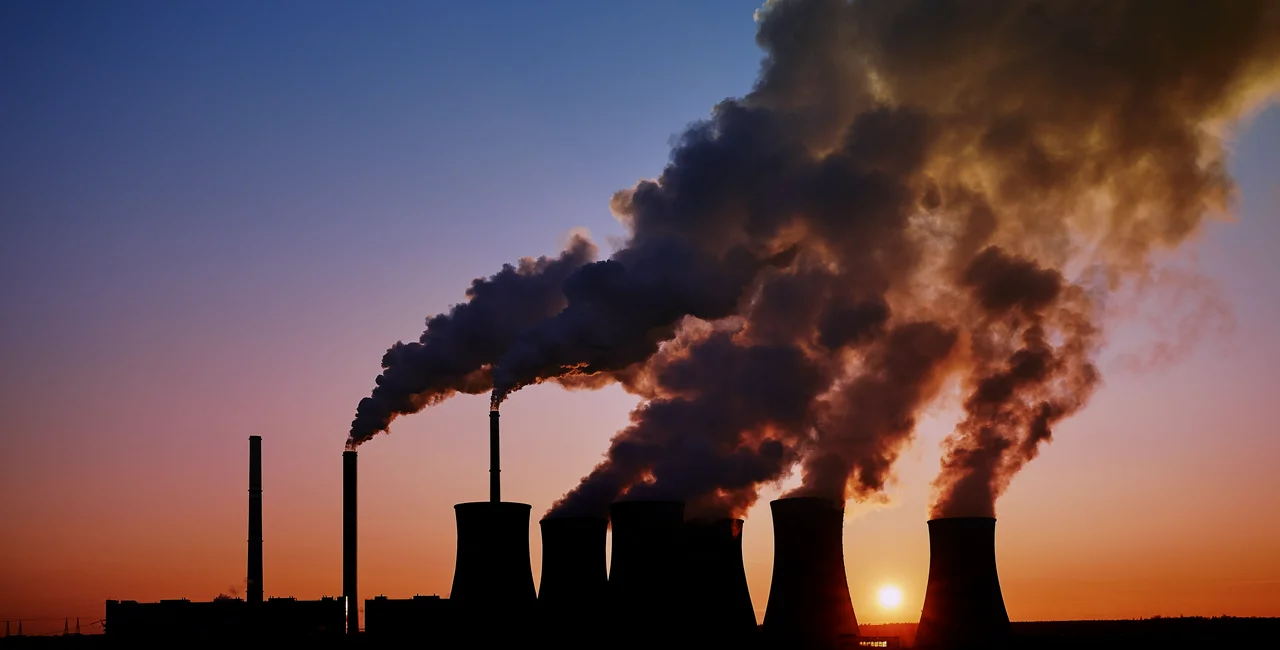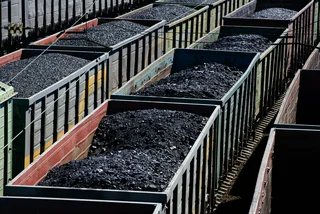The state of the environment in the Czech Republic is the fifth-worst in the EU, although the Czech Republic spends the third-highest proportion of its GDP on its conservation, according to the results of the fourth pillar of the Czech Republic's Index of Prosperity released on Wednesday.
The Czech Republic scored the worst result of all EU members in the proportion of its soil afflicted by drought. Another major issue was Czech forests, which are barely able to capture carbon dioxide emissions.
The Index, which is a joint project of the Česká spořitelna (ČS) savings bank and the group Europe in Data, assessed the state of the environment according to 14 indicators
In the final ranking, the Czech Republic occupies 23rd place, with only Ireland, Greece, Luxembourg, and Cyprus scoring lower. At the top of the list is Sweden, followed by Portugal and France.
According to the results of the survey, the Czech Republic is significantly lagging in limiting the production of greenhouse gases.
Per head, it produces 11.7 tonnes of the equivalent of CO2 annually, which is the third-worst result in the EU.
"There are very high Czech emissions from the heating of households. There are 814 kilograms per capita annually, which places us in 20th place in the EU," ČS analyst Tereza Hrtúsová said.
Meanwhile, the Czech Republic scored better in transport emissions, which are below the European average.
"In the case of emissions from transport activities of households, Czechs are even the second-best in the EU," Hrtúsová said.
The Czech Republic has the problem not only of high emissions of greenhouse gases but also of other substances and solid particles.
This affects the health of the population. Annually, there are 31 deaths per 100,000 population due to the bad quality of air. "For the sake of comparison, in Finland, it is only three deaths," ČS chief economist David Navrátil said.
The Czech Republic has the highest share of soil afflicted by drought. The lack of moisture along with extreme heatwaves worsens the state of forests and their ability to lower the amount of carbon dioxide in the air.
"Due to the bark-beetle outbreak, our forests and arable land do not absorb the CO2 but produce it. In this indicator, we are also in the last place in the EU," Navrátil said.
In Sweden, forests and soil are able to absorb 35 million tonnes of the CO2 equivalent, while the Czech Republic releases in this way 14 million tonnes of greenhouse gases into the air.
On the other hand, Eurostat data shows that in the long run, the Czech Republic invests the third biggest proportion of its GDP in environmental conservation, spending on it 2.7 percent, while the EU average is 1.8 percent of GDP.
The imbalance between the state of the environment and investments in it is due to the structure of the Czech economy, Navrátil said.
"Our proportion of the industry is one of the biggest in Europe: it accounts for 29 percent of the GDP. The structure of our economy demands an above-the-average, higher consumption of energy," he added.
Energy production in the Czech Republic relies on solid fossil fuels much more than in other EU countries. The worse situation is only in Poland and Estonia, Navrátil noted.












 Reading time: 2 minutes
Reading time: 2 minutes 































